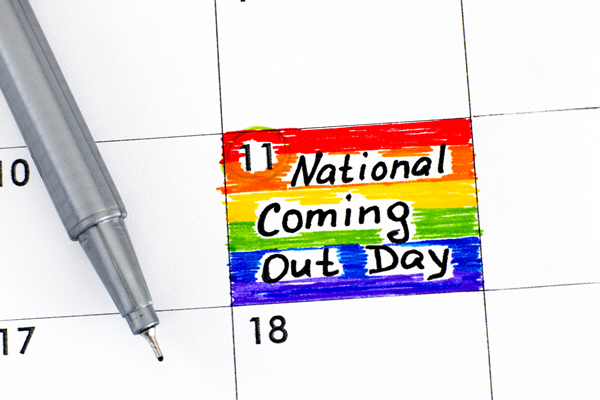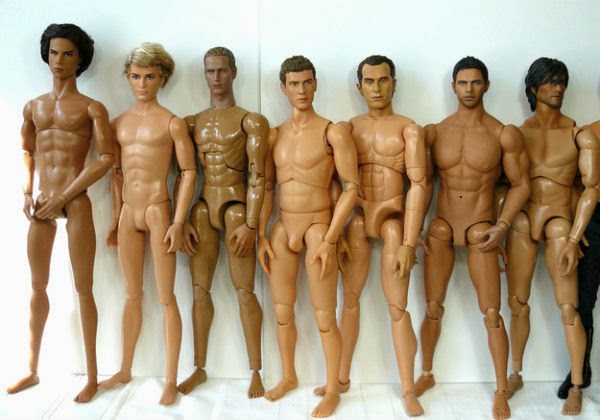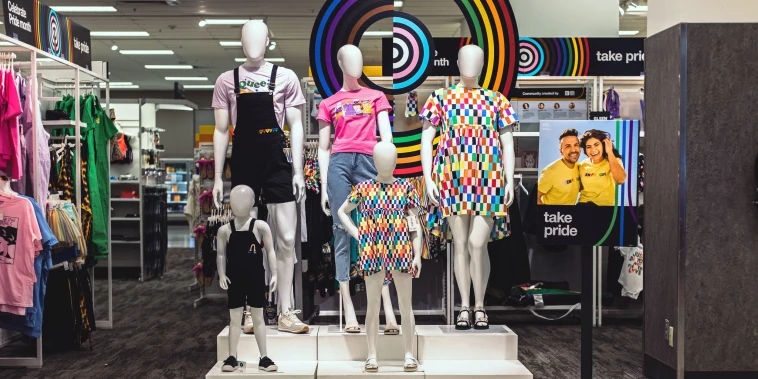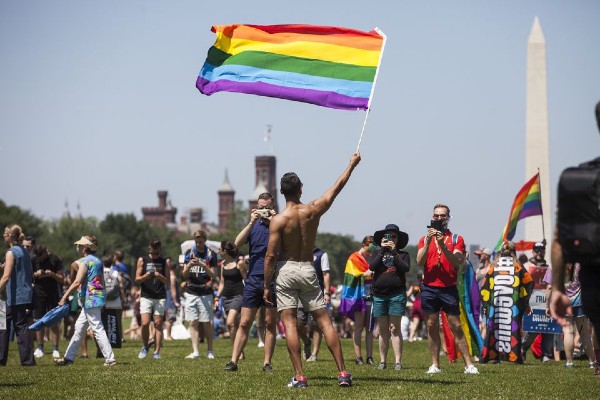Coming Out is Not The Serve You Think It Is
Written by Joseph • July 10, 2021
This rite of passage does not center queerness Check out the original story here: Washington Blade. Coming out is undoubtedly part of the essence of contemporary queer culture. It represents a point in one’s journey to complete self-actualization where they fully accept themselves, their body, and also demand to occupy space in an insidiously cis-heternormative world. […]

This rite of passage does not center queerness
Check out the original story here: Washington Blade.
Coming out is undoubtedly part of the essence of contemporary queer culture. It represents a point in one’s journey to complete self-actualization where they fully accept themselves, their body, and also demand to occupy space in an insidiously cis-heternormative world.
This concept/journey has become such a treasured part of queerness, so much so that National Coming Out Day is celebrated every year on Oct. 11, not only to commemorate the 1979 National March on Washington for Lesbian and Gay Rights which demanded civil rights and legislation for LGBTQ people, but to also allow queer people to be visible, unabashedly live in their truths, and inspire others who may be fearful to do likewise.
On this day, millions of people around the world take to social media to pen heartfelt posts that usually include a picture of the individual (most probably displaying some iteration of a Pride flag) coupled with a paragraph about their journey “living in the closet” and how they’re elated to be free. By letting the world know that they aren’t afraid to fully be themselves, queer people are claiming space where their presence has intentionally been ignored.
Albeit the power of “coming out” has to accent personal self-autonomy and challenge the pervasive nature of gender and sexual conformity, it ultimately does what queer liberation exists in contrast to: Appeasing cis-heternormative culture, or quite simply, making cis-straight (to be loosely referred to as “straight” for the rest of this piece) people feel comfortable.
When LGBTQ people come out, they participate in a kind of performance that requires them to explain themselves to straight people. Queer people dig deep into their past experiences, which are often traumatic struggles, and in the process present what often translates into a chronology of why straight people should accept them, and more importantly, be “comfortable” with them. This is wrong.
Queerness should never center on straightness or straight feelings. By giving attention to straight people in queer journeys, we relegate undeserved power to straight people and allow for them to feel as if they need to be placated.
Contemporary coming out culture indirectly uplifts what we are so vehemently fighting against — practices that prioritize being straight over being queer. So, as we continue to come out, employers will feel as if they have the right to know of one’s queer identity and terminate their employment upon learning of it.
Parents will demand to know of their children’s identity to “protect” them, which has more to do with managing their own appearances rather than caring for and empowering their queer children.
Friends and acquaintances will fight tooth and nail to decipher one’s queerness so they can gauge what this entails for their personal and religious beliefs, and ultimately whether the friendship should continue because they feel as if they may be courted by their queer friend (which mostly likely will never happen), thereby unsettling their perception of themselves.
Random strangers may also physically abuse and/or kill someone who reveals their sexual and/or gender identity on the basis of feeling as if they’ve been “lied” to or intentionally deceived.
So, if coming out is not the serve we think it is, then how to LGBTQ people live in their truth and show the world it’s okay to be queer? Well, the answer is simple: The culture surrounding gender and sexuality must change.
With regards to gender, we must get rid of both the “sex” and “gender” markers. Sex, in simple terms, refers to the genitals you were born with. Gender is the norms and behaviors that your parents and community around you project on you based on your sex.
Time and again, it has become clear that, sex and gender simply cannot exist in binaries (yes, there are people who are born with both a penis and vagina simultaneously, or even neither.) The culture we function under has prescribed behaviors to people with certain genitals and expectations to people who identify with either of the two genders. This should stop.
When it comes to health, medical professionals should be able to care for patients adequately and efficiently if they conceive of a person’s sexual organs as just being and not in relation to society’s faulty prescriptions. You might ask, what does this mean for science and research? Well, we can be inclusive in medical research by drawing on the experiences of all possible sex identities instead of just narrowing it down to just male/female. Intersex people exist too!
We should also abolish the notion of gender. When children are born, we should raise them as non-binary. Non-binary identity is the pinnacle of liberation because it rebels from the traditional boxes that confine identities. It allows people to be whoever they want, whenever, and on their own accord.
By encouraging children to socialize into nonbinary identity, we allow them to fully discover who they are and allow them to exist at any point in the identity spectrum without feeling the pressure to contort into a specific, one-dimensional mold of behavior. There is no one way to be anything. Identity is subjective and shifts and changes with time. Let children grow into themselves without being told from an early age that there’s a right and wrong way to be.
We should also set boundaries on how to have conversations about sexuality. Oftentimes, the people most interested in a person’s sexuality have no business knowing about it. Sexuality and sex is intimate, and therefore, people should respect that boundary. What someone does during intercourse and with whom they do it should be no one’s business. It should have no repercussions on one’s social capital. Quite frankly, with whom someone sleeps affects no one but themself and the sexual partners involved. You won’t die if your friend didn’t tell you they slept with someone who has the same genitals as them. Your company won’t go bankrupt if your employee doesn’t disclose that they’re transgender.
We should move past caring about representation and work towards actualizing our liberation. Representation is good; it is important to see yourself reflected in society. However, representation is not the end goal.
We should work to give poor queer people access to stable food, shelter and money. We should push for more queer-friendly mental health facilities. We should establish free universal healthcare that allows transgender individuals to medically transition at little to no cost. We should actively become anti-racist and create an environment where queer people of color never have to live under the shadow of racism.
Finally, we must stop worrying about straight people. The truth is, no matter how much we may try to create space for ourselves at a straight table, we’ll never be truly welcome. If we want to liberate ourselves we have to center ourselves, experiences and feelings. We have to fashion our own tables.
Appealing to straight people will never bring the acceptance and freedom we yearn so much for. If anything, it places us in an unending cycle where queerness is othered and never the norm enough for it to not matter.
So should queer people stop coming out? Not necessarily. However, it is imperative that we create a world where queerness is normal enough that we don’t need to come out.
Check out the original story here: Washington Blade.




